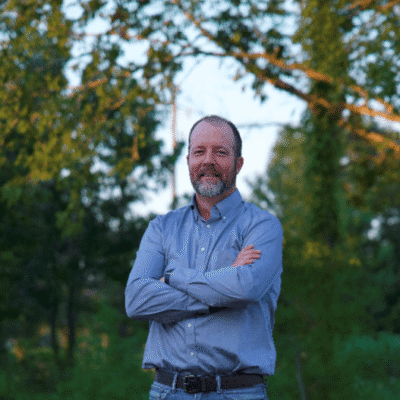 Lisa’s Story
Lisa’s Story
Being an individual living with epilepsy, the one question I get a lot is, “What is epilepsy?” The scientific definition is a chronic neurologic disorder with many possible causes including illness, brain damage, or abnormal brain development. A seizure is a sudden surge of electrical activity in the brain. Seizures can cause strange sensations, emotions, and behavior. Seizures can also cause convulsions, muscle spasms, and loss of consciousness.
Every time I get this question, I am faced with how to explain something I have struggled to understand my whole life. I have, however, thought of a definition that is less demeaning to me and easier for the public to understand. Epilepsy is simply fighting you for you. I chose this phrase because, from personal experience, that is how it feels. During a seizure, my pain is so intense and real that I fight for it to end. Yet the more I fight, the more prolonged it is. The experts say to let the seizure take its course, but it is easier said than done. Fighting you for you goes beyond the seizure itself. I have to fight different factors that may possibly cause my epileptic seizures. These range from diet change, being emotionally hyped, a change of environment, an infection, a simple pollination of flowers, anti-epileptic drugs, and–the most difficult and unavoidable–my monthly cycle.
My first seizure happened when I was still a baby, but they classified it as a convulsion and told my parents I would grow out of it when I got to a certain age. Well, that did not happen and when they got worse, I was put on medication. From age 11, my family moved a lot due to my dad’s different work postings, and we eventually settled in Zimbabwe. I had a neurologist in South Africa who monitored my progress and said I was faring well and reduced my anti-epileptic drugs, but my health deteriorated again. This had both a physical and psychological effects on me, and I felt like I had failed at accomplishing a goal. While the seizures were getting the best of me physically, the emotional bullying had its fair share of negative effects on me psychologically. I decided that going to school was not an option for me, as it was a reminder of my abnormalities.
My parents somehow convinced me to go back to school. I had no friends, and people thought epilepsy was contagious or that witchcraft magic had made me the way I was. I went through high school feeling lonely with just a handful of friends who–to some extent–understood my condition. We moved back to my home country, Kenya, where I finished high school studying under the Accelerated Christian System. Yet things were the same as in Zimbabwe. Same reaction and same treatment. I joined University in 2017, and I was determined that it was a fresh start for me. No one knew of my condition and therefore I fit in nicely.
Initially I was very reserved about my epilepsy, determined to be “normal.” My first year and a half of university, I would get sick and have serious injuries because I did not want anyone to see that side of me. As time went on, I became more outspoken but have still been met with adversity. I have encounters with professors telling me I faked my condition so as to skip class or not do tests. I have memory loss issues and also understand concepts slower on certain occasions, but it is hard to “prove” this. When I told more people, many already knew and, of course, asked questions. My friends have been helpful when I had the seizures and put in the effort to make sure I get the help I need. The medical team has also been helpful when called upon.
Now I’m in my last year of University and though I have been through a lot, those experiences have positive factors to take from them. I still do have seizures, but living well with epilepsy is a goal I hope to achieve. I am working with my neurologist to see what anti-epileptic drugs work best for me. I also recognize that the experts can only do so much and it is upon me to do my part.
Seizure Strategies
- Stress is a major problem for me. I can’t live with it, and can’t live without it. In order to be able to control stress and minimize spin cycling in my mind, I have a list of do’s and don’ts to help me cope better with stress. Working off stress with physical activity or recognizing when you are tired and resting are some pointers.
- Memory loss (brain fog) and short concentration span is another problem for me. I use sticky notes and phone reminders to try curb it. Eating right also contributes a whole lot when it comes to mental clarity. A healthy diet is beneficial both physically and mentally.
- Having a seizure pre, during, and post plan is key because it helps the people around you to know what to do and not to do. Having a support system of family and friends is crucial because you don’t have to worry about being in safe hands.
- The most key thing to do is communicate with your neurologist. It is important that you let him/her how you are faring on and how your AEDs are treating you because there are many other modes of treatment. If you feel the neurologist is the problem, then find a new one. Never self-medicate as the interactions may have negative effects.
Am not an expert but these are just personal experiences that I am sharing with hopes that they will help others and let them know that we all have a story to tell and we are perfect in all our imperfections. Even though I may feel like a burden because I get seizures and can’t do some “simple” things, I am reminded that every person is differently abled.
It is hard up to date to explain epilepsy because people are unfortunately still uneducated on the matter.









Leave a Reply